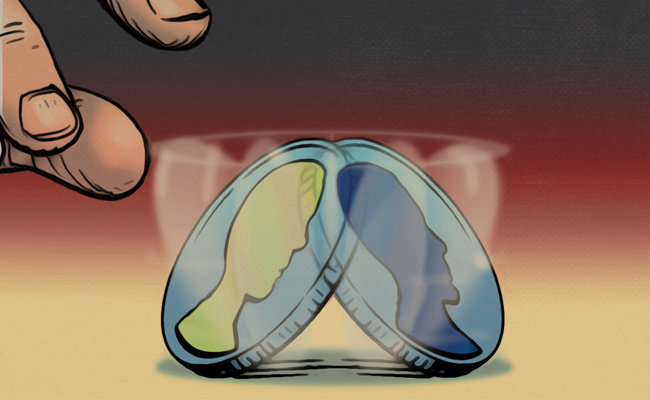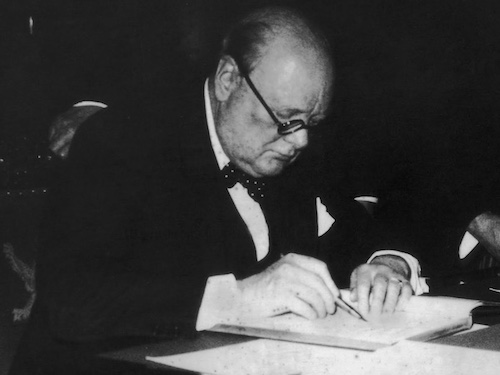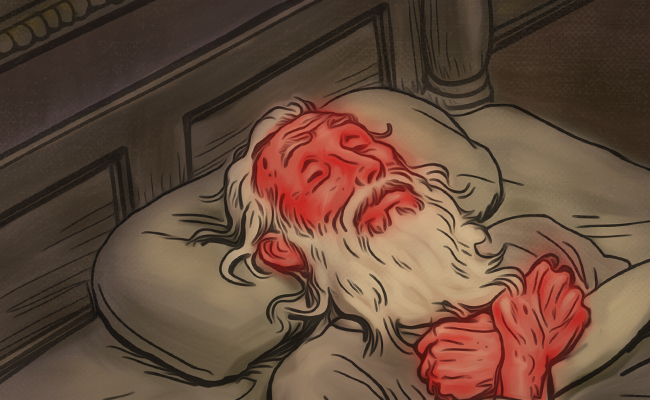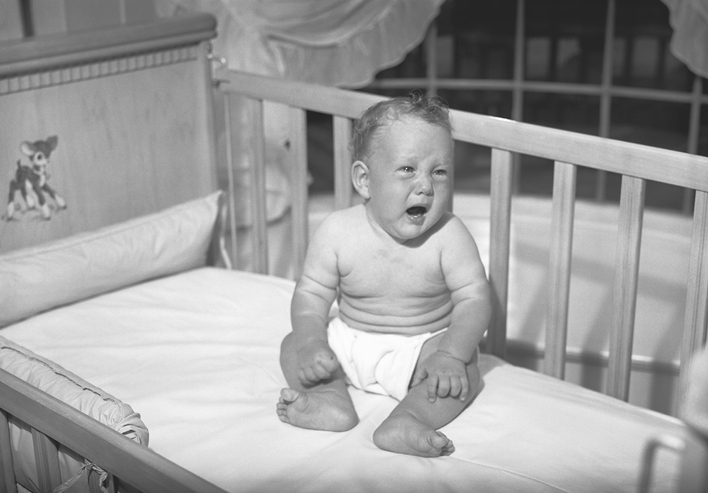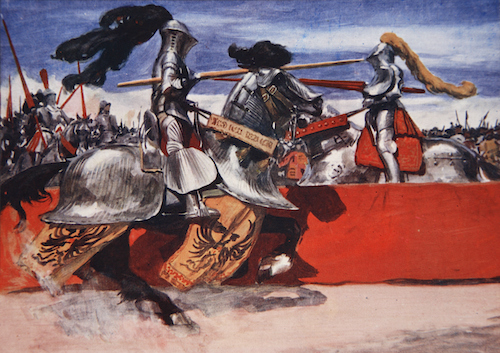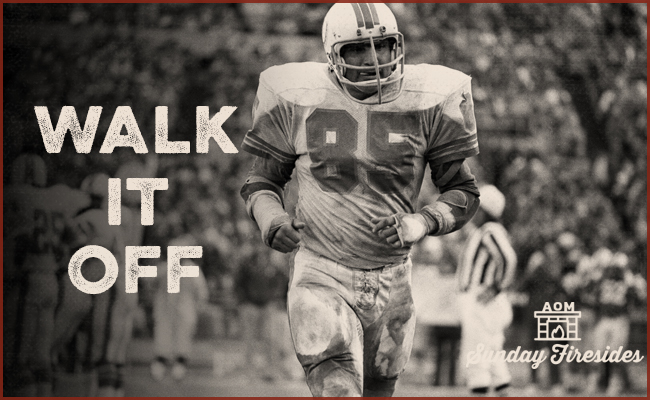
“Walk it off.”
If today a football coach said this to a player who’d just taken a hit, he might be criticized for evincing the kind of “toxic,” tough-guy approach that pays insufficient attention to an athlete’s health and feelings.
A shame, because there’s much wisdom to be found in this old-school maxim — both on and off the field.
Certainly, if an athlete has suffered a serious injury, he ought to be pulled from play. But, when it comes to minor strains and sprains, little bumps and bruises, walking it off can really be the best remedy. Sitting out doesn’t make the injury feel any better; in fact, it tends to feel worse, because it’s the only thing to focus on. Get back onto the field/court/track, however, and the pain actually starts to ease, and what’s left is hardly noticeable, as there’s too much else to think about.
When you’re sore the day after a hard workout, engaging in “active recovery” — light exercise — will get you feeling better and more limber than doing nothing at all. Movement gets the blood flowing, and blood flow heals and keeps your joints juiced. As a mantra in the strength-training community goes: “Motion is lotion.”
The parallels here to treating psychic “injuries” are, hopefully, obvious. After a loss, setback, or break-up, engaging in too much static-state introspection leads to a cycle of fruitless, paralyzing rumination; the pain makes you retreat from life, which makes your emotional muscles stiffen, which makes you more inert, which only heightens your perception of pain. Better it is to return to work, continue a beloved hobby, set off on, well, an actual walk. Rather than brooding on the bench, make your reflection a moving meditation; take some strides down the sideline — then get yourself back in the game.


